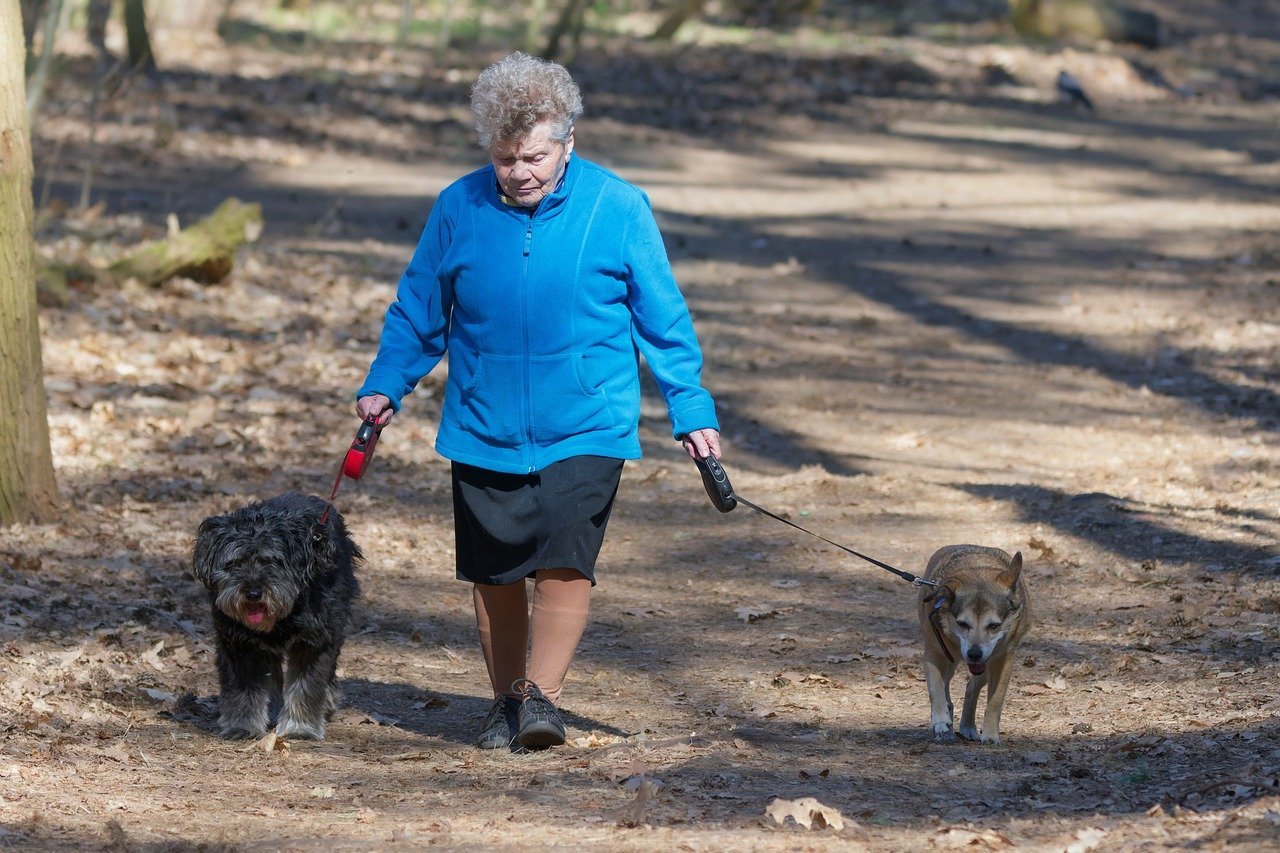In Arizona’s sun-soaked desert retirement communities, dogs do more than just keep seniors company—they help boost mental health in powerful ways. From reducing feelings of loneliness to encouraging daily routines and light activity, these loyal companions are a source of joy and emotional balance. Their unconditional love can ease anxiety and even lower stress levels. Whether it’s a playful wag or a quiet snuggle, dogs provide a kind of comfort that truly enriches golden years.
The Unique Challenges of Aging in Arizona’s Desert Communities
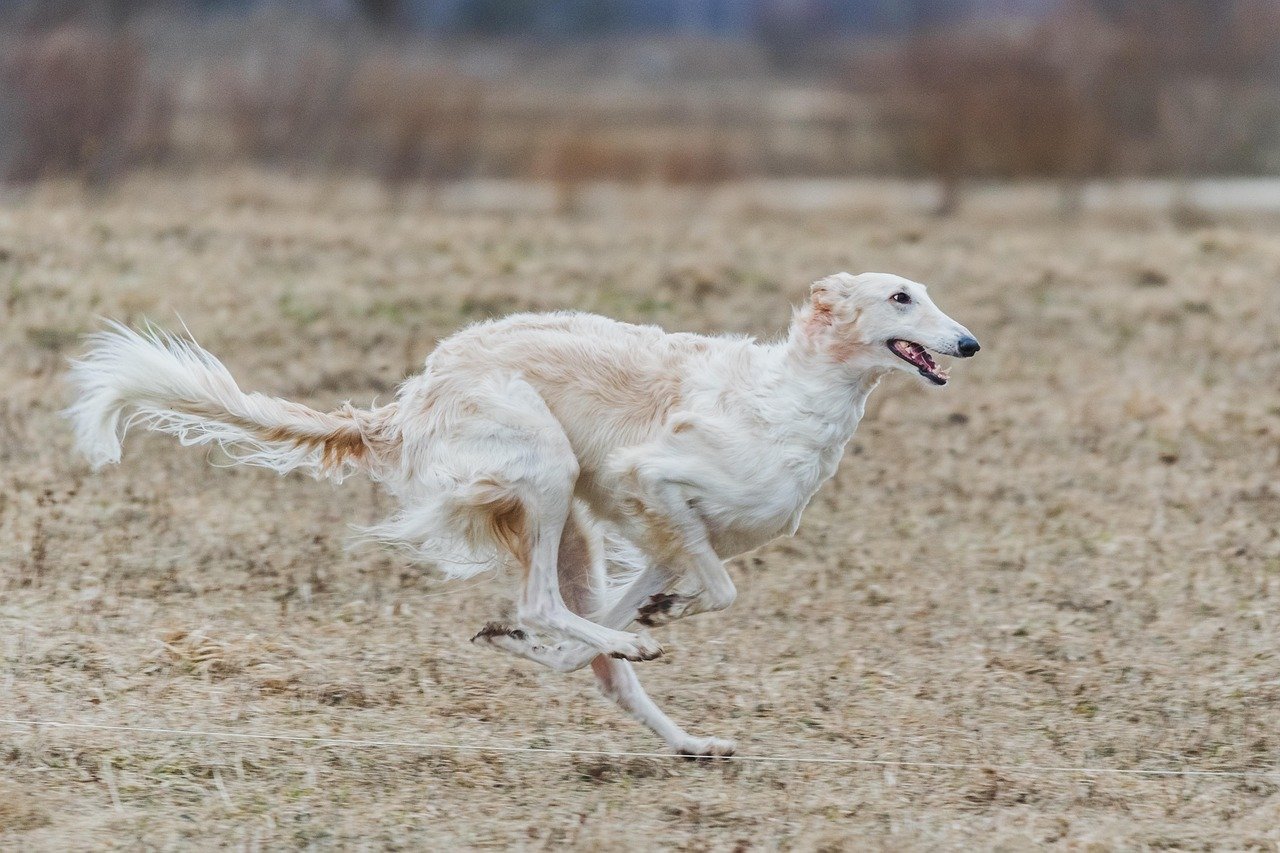
Retirees flock to Arizona for its warm weather and vibrant sunsets, but desert living isn’t without its challenges. The heat can be relentless, sometimes making it tough for seniors to get outdoors or socialize. Isolation can sneak up, especially when family is far away or friends move on. The expansive, quiet landscapes, beautiful as they are, sometimes amplify feelings of loneliness. For many, daily routines can start to feel repetitive and uninspiring. Add in the natural emotional ups and downs that come with aging, and you have a recipe for mental health struggles. But in this environment, dogs step in as unexpected heroes, bringing energy and connection back into daily life.
Companionship: Easing Loneliness and Isolation

There’s nothing quite like the unconditional love of a dog to chase away feelings of loneliness. For seniors living alone or far from family, a dog’s constant presence can be a powerful antidote to isolation. Dogs don’t judge or get bored of listening, and they’re always ready for a cuddle or a game of fetch. In Arizona’s retirement communities, a dog is more than a pet—they’re a roommate, a confidant, and sometimes even a surrogate grandchild. Their wagging tails and gentle eyes remind seniors that they are needed and loved, making every day a little brighter.
Routine and Purpose: Bringing Structure to Each Day
Having a dog creates routine, which can be invaluable for mental health. Seniors in Arizona’s retirement communities often find their days lack structure after leaving the workforce. Dogs, however, need feeding, walks, and playtime—no matter the weather. This responsibility gives seniors a reason to get up, get moving, and stay active. The sense of being needed fosters self-worth and purpose, filling gaps that retirement sometimes leaves behind. Every meal prepared and every walk taken becomes a small achievement, reinforcing the feeling of being useful and important.
Physical Activity: Boosting Mood through Movement
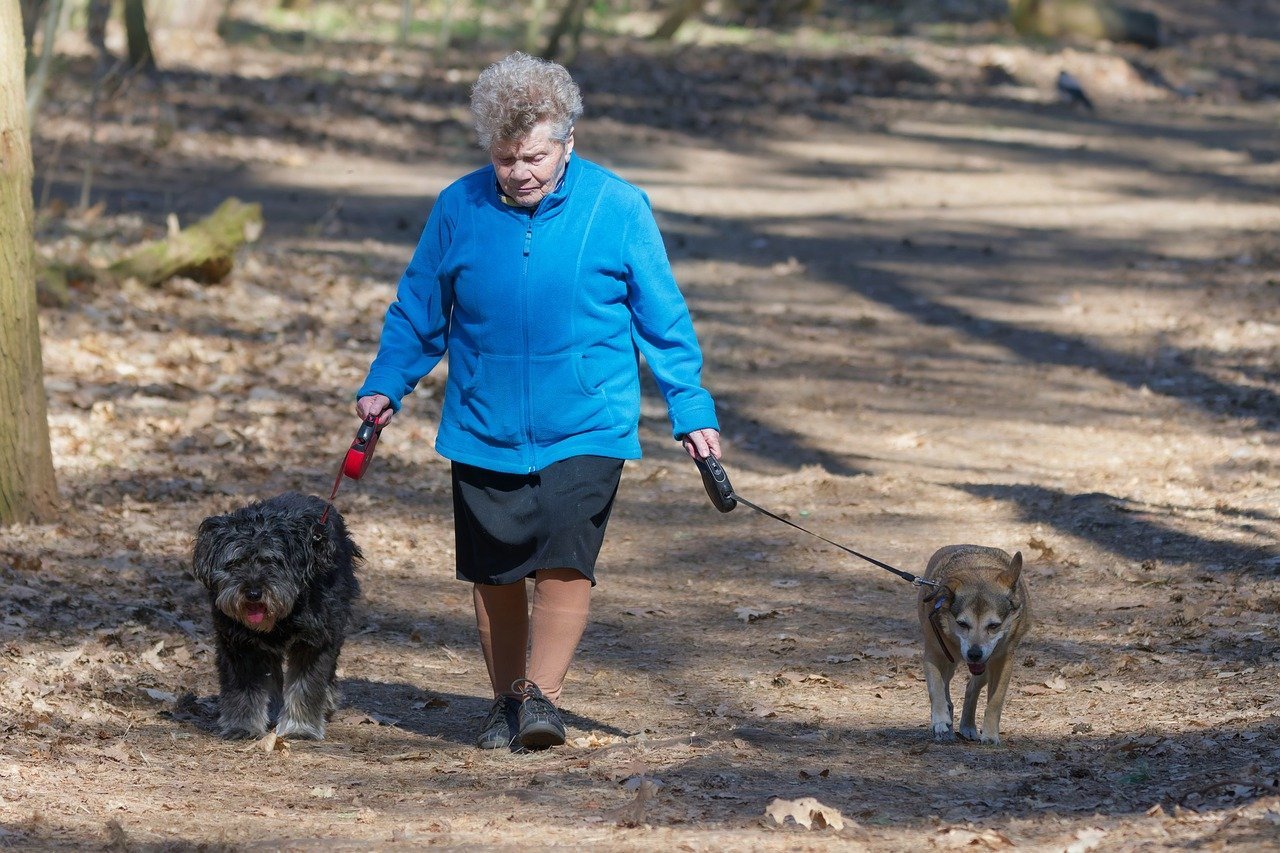
Even in the desert heat, dogs get seniors moving. Early morning or evening walks, when the sun is gentler, become cherished rituals. Physical activity is proven to lift spirits and reduce anxiety or depression. It doesn’t have to be intense; even gentle movement helps release those happy endorphins. For seniors who might otherwise struggle to motivate themselves, a dog’s excited energy is contagious. Throwing a ball in the shade or taking a stroll around the community can turn a slow day into a joyful one, all thanks to a furry friend’s enthusiasm.
Social Connections: Opening Doors to New Friendships
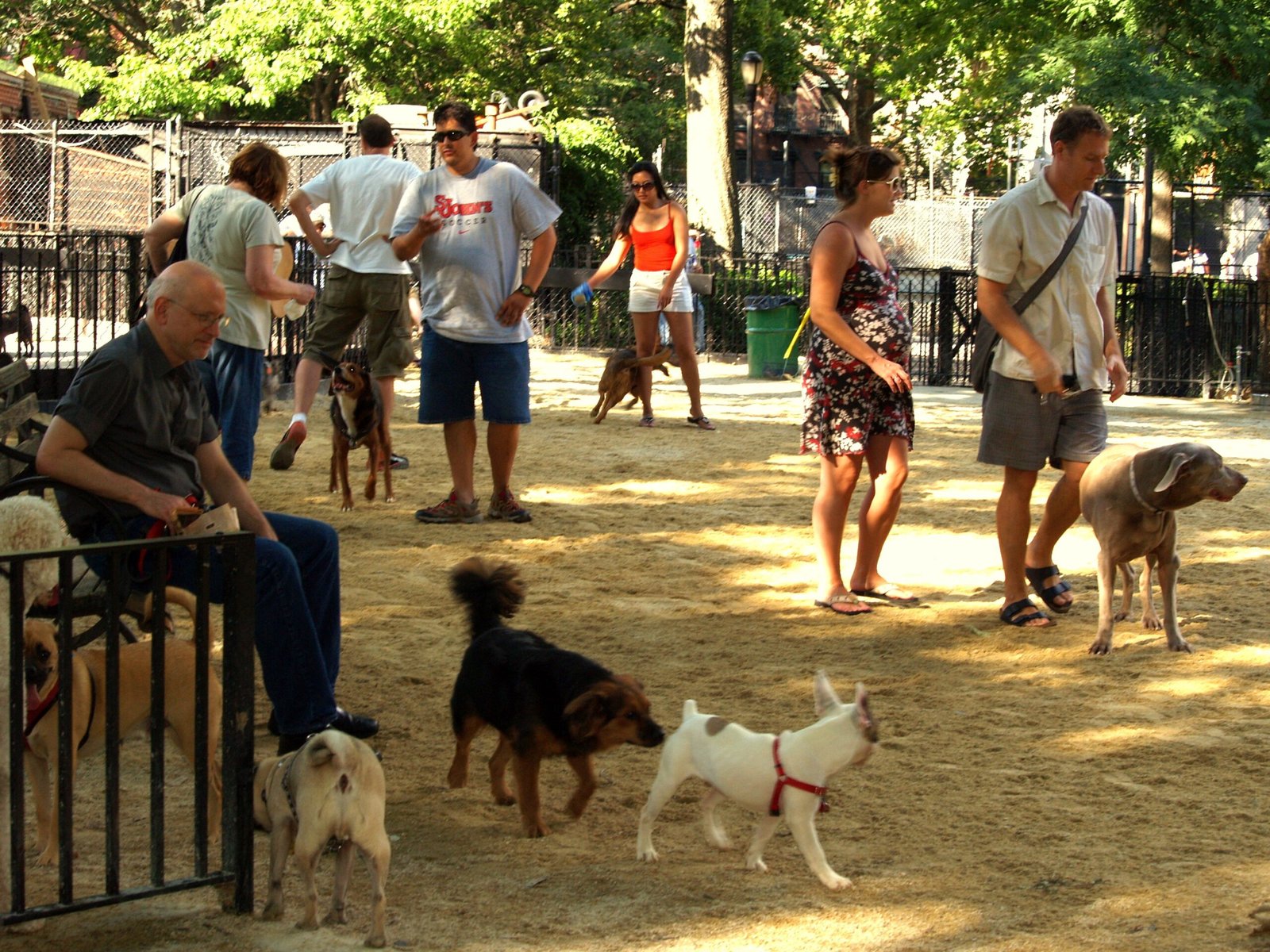
Dogs are natural icebreakers. In Arizona’s retirement communities, having a dog often means more chances to meet neighbors. Dog parks, pet-friendly events, or even just passing someone on a walk can spark new conversations. Suddenly, two strangers have something in common—a shared love of animals. These little interactions can blossom into genuine friendships, easing the sense of isolation that sometimes comes with aging. For many seniors, their dog becomes not just a friend, but a matchmaker for new social connections.
Emotional Support: Easing Anxiety and Depression
The gentle presence of a dog has a calming effect, lowering stress and soothing anxious thoughts. For seniors dealing with depression or anxiety, simply stroking a dog’s soft fur or hearing their contented breathing can be grounding. Dogs sense their owner’s moods and often respond with affection when it’s needed most. In tough moments, a dog will sit quietly by your side, offering comfort without words. This emotional support is especially vital in the sometimes-quiet stretches of desert living, where seniors may otherwise feel overwhelmed by their thoughts.
Creating Joyful Distractions from Daily Worries

Life in a retirement community can be peaceful, but it can also be filled with worries—about health, family, or simply the future. Dogs are experts at distraction. Their playful antics, silly faces, and boundless curiosity draw seniors out of their worries and into the present moment. Watching a dog chase its tail or nap in a sunbeam brings a smile, even on tough days. These little bursts of joy add up, making life feel lighter and more hopeful.
Supporting Cognitive Health and Memory

Interacting with a dog isn’t just good for the heart—it’s good for the mind, too. Remembering feeding schedules, teaching new tricks, or navigating daily routines with a pet can help keep memory sharp. For seniors in Arizona’s retirement communities, these small cognitive challenges keep the brain active. Dogs also encourage engagement with the world, prompting questions and learning, whether it’s about dog breeds or new walking routes. This gentle mental stimulation supports overall cognitive health, helping seniors feel sharper and more confident.
Reducing Stress and Lowering Blood Pressure

There’s real science behind the calming power of a dog’s presence. Studies have shown that spending time with pets can lower blood pressure and reduce the physical symptoms of stress. For seniors in Arizona, where the summer heat and healthcare worries can be overwhelming, these physical health benefits are especially important. Petting a dog or simply sharing quiet time together can slow breathing, relax muscles, and bring a sense of peace that’s hard to find elsewhere.
Encouraging Outdoor Exploration Despite the Heat
Arizona’s desert climate can make it tempting to stay indoors, but dogs have a knack for turning reluctant seniors into enthusiastic explorers. Early mornings and late evenings become perfect times for gentle walks or time spent in shaded gardens. These outings not only provide exercise but also connect seniors with the natural beauty of the desert—the towering cacti, vibrant sunsets, and singing birds. A dog’s curiosity is catching, encouraging seniors to look at the world through fresh eyes and rediscover the joys of their surroundings.
Therapy and Service Dogs: Specialized Support for Unique Needs
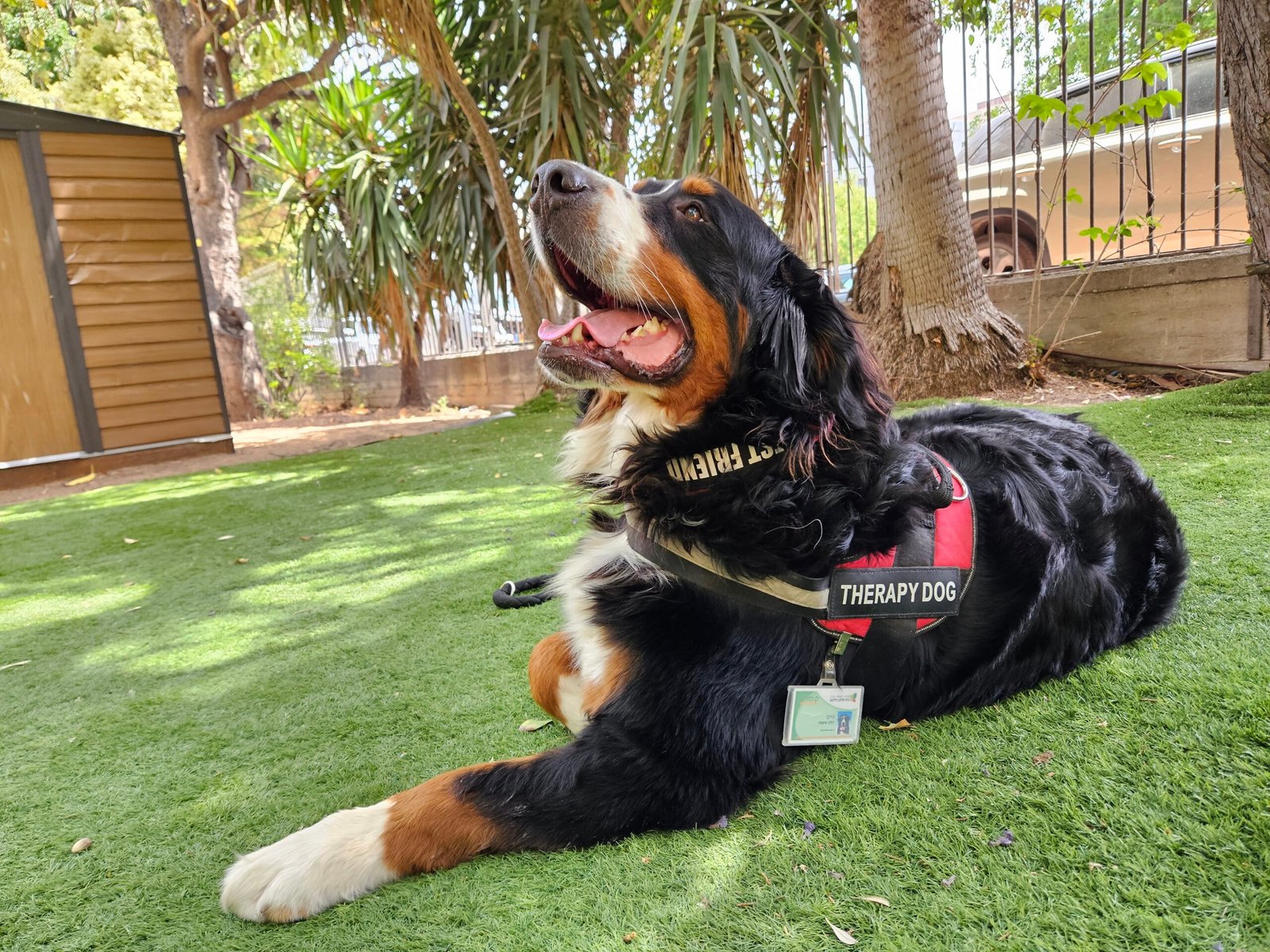
Some seniors in Arizona’s retirement communities benefit from therapy or service dogs, trained to provide specific support for emotional or physical challenges. These remarkable animals can sense panic attacks, remind owners to take medication, or simply offer companionship during medical appointments. For those dealing with Alzheimer’s, mobility issues, or chronic illness, a service dog’s presence can mean greater independence and security. These partnerships are life-changing, offering hope and comfort in ways that go beyond what human caregivers can provide.
The Power of Unconditional Love and Acceptance
Perhaps the greatest gift dogs offer is their unconditional love. They don’t care about wrinkles, slow walks, or forgetful moments. For seniors who sometimes feel invisible or left behind, a dog’s joyful greeting is a daily reminder of their worth. This unconditional acceptance helps heal old wounds and builds new confidence. In a world that sometimes moves too fast, dogs teach seniors to slow down, savor affection, and enjoy simple pleasures. It’s a lesson in love that resonates deeply, especially in the golden years.
So, whether it’s a gentle nudge for a walk or the calming presence of a furry friend by your side, dogs offer more than just companionship—they bring emotional balance and daily joy. In Arizona’s serene desert communities, their loyalty and love can truly brighten a senior’s day. With every tail wag and warm cuddle, they help ease stress and support a healthier, happier lifestyle. It’s clear: life just feels better with a dog around.

Born and bred in South Africa, a Capetonian at heart. Amy-Leigh’s love for nature and animals was inherited from her Dad. He loves taking the family on road trips to experience nature at its finest; Amy-Leigh’s favourite being whale watching in Hermanus and spotting Kudu along the West Coast. Amy-Leigh holds a BA in English Literature and Communication Studies.

